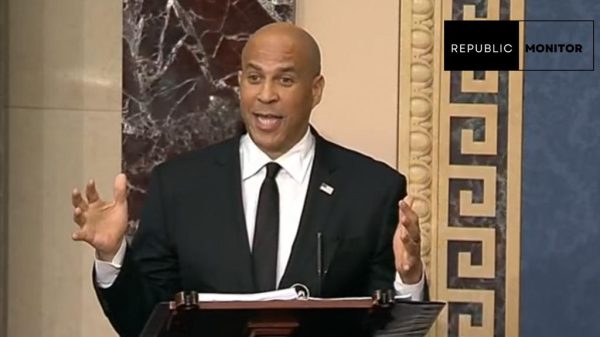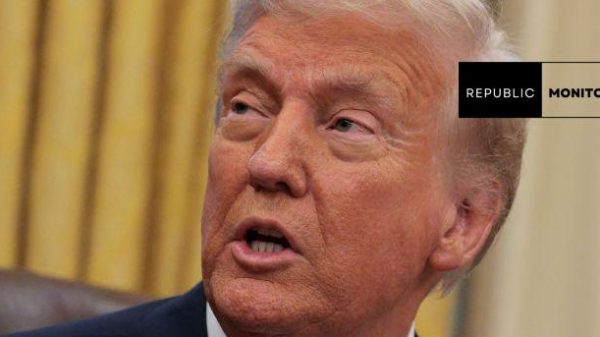Jesse Watters’ Perspective: Government Expansion and the Taxpayer Squeeze
In the realm of fiscal policy, Fox News host Jesse Watters weighs in on a contentious issue: the relationship between the size of government and the burden on taxpayers. According to Watters, there’s a direct correlation – the bigger the government grows, the more taxpayers feel the pinch.

Getting Around the Tax Code: Jesse Watters on the Dangers of Growing Government
The Growing Government Dilemma
Watters argues that as the government expands, its appetite for revenue also increases. This often translates to a greater tax burden on citizens. While the debate around the role of government in society is multifaceted, Watters zooms in on the financial ramifications for everyday taxpayers.
Taxpayers: Caught in the Crossfire
From Watters’ perspective, it’s the taxpayers who bear the brunt of an expanding government. As more funds are required to sustain an ever-growing bureaucracy, citizens find themselves navigating a complex tax landscape. This financial pressure, Watters suggests, can lead to increased dissatisfaction among taxpayers.
Navigating the Fiscal Landscape
Watters’ viewpoint raises crucial questions about fiscal responsibility and the balance between government intervention and individual financial well-being. As the government’s role evolves, so too do the expectations and obligations placed on taxpayers.
The Ripple Effect on Everyday Americans
Watters’ assertion prompts a closer look at how government policies impact the wallets of everyday Americans. Whether it’s through direct taxes, indirect levies, or changes in economic dynamics, the financial ripple effect can be significant.
Fiscal Literacy and Advocacy
In light of these considerations, Watters encourages fiscal literacy and active engagement in understanding how government decisions affect personal finances. Advocacy for transparent fiscal policies and accountability becomes a key component in ensuring that taxpayers are not unduly burdened.
A Call for Balance
While Watters critiques the potential downsides of government expansion, he acknowledges the need for balance. Striking a chord between effective governance and financial prudence is essential for fostering a system that serves both the government’s objectives and the well-being of its citizens.
















